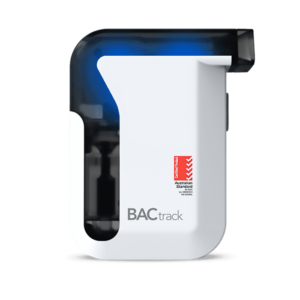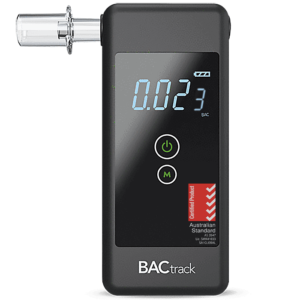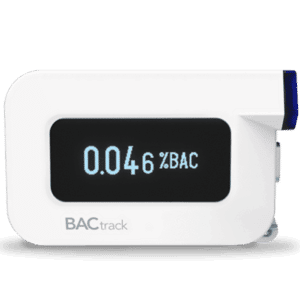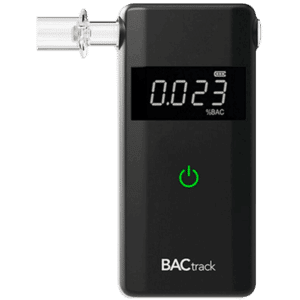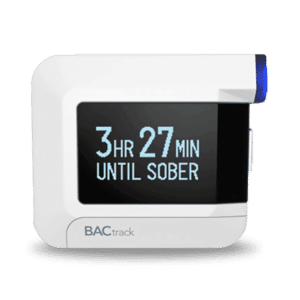Employee Drug Testing: Reasons for Conducting and Types of Methods
29 January, 2024

Ensuring a productive and safe workplace is a challenge for employers. One aspect of maintaining this involves conducting employee drug testing. This is the process of checking the body of a person for the presence of illicit substances. Accordingly, organisations conduct the testing for various reasons. This includes pre-employment drug testing, random drug testing, reasonable suspicion, and post-accident testing. Additionally, the types of testing methods are urine tests, saliva tests, hair tests, and blood tests.
The abuse of illicit drugs has become a growing concern for Australian workplaces. It does not only have health risks but also impacts workplace safety and productivity. To combat this issue, many companies have begun implementing workplace drug testing. This is particularly beneficial for critical positions like heavy machinery operators, mining occupations, and rail transport. The following sections will present the reasons for employee testing, the types of testing procedures, and what happens after a non-negative result.
Reasons for Employee Drug Testing
There are different reasons for conducting employee drug testing in a professional setting. Before someone starts at a company, a pre-employment drug screen may occur. This ensures that the person is not using illegal drugs. Accordingly, employers do this to maintain occupational health and safety. Also, this is to avoid hiring individuals whose drug usage might affect work performance.
Another reason is for random testing programs. This is when an employer asks employees to take drug tests without warning or specific reason. Hence, this deters workers from using recreational drugs. Furthermore, if an employer has reason to believe that an employee is under the influence of drugs, they may undergo or take positive drug testing.
Moreover, if a worker is involved in a workplace accident, the employer may require the employee to undergo testing. The purpose of the assessment is to determine whether drug issues or the presence of alcohol may have contributed to the accident. Nevertheless, this is important for determining liability, collecting legal documents, and contributing to the risk management process.
Benefits of Testing
- Promoting workplace safety: this can lead to a decrease in safety risks like accidents, injuries, and errors.
- Protecting company reputation: this can enhance trust and credibility among clients, partners, and the public.
- Compliance with legal and relevant standards: testing helps companies adhere to the requirements and avoid potential legal challenges.
- Productive workplace: a drug-free workplace can foster a more focused and efficient workforce, contributing to overall business success.
- Supporting employee health and wellness: the testing can lead to early intervention and assistance for workers needing help.
- Maintaining a professional workplace: companies foster an ethical work culture that contributes to a positive workplace.
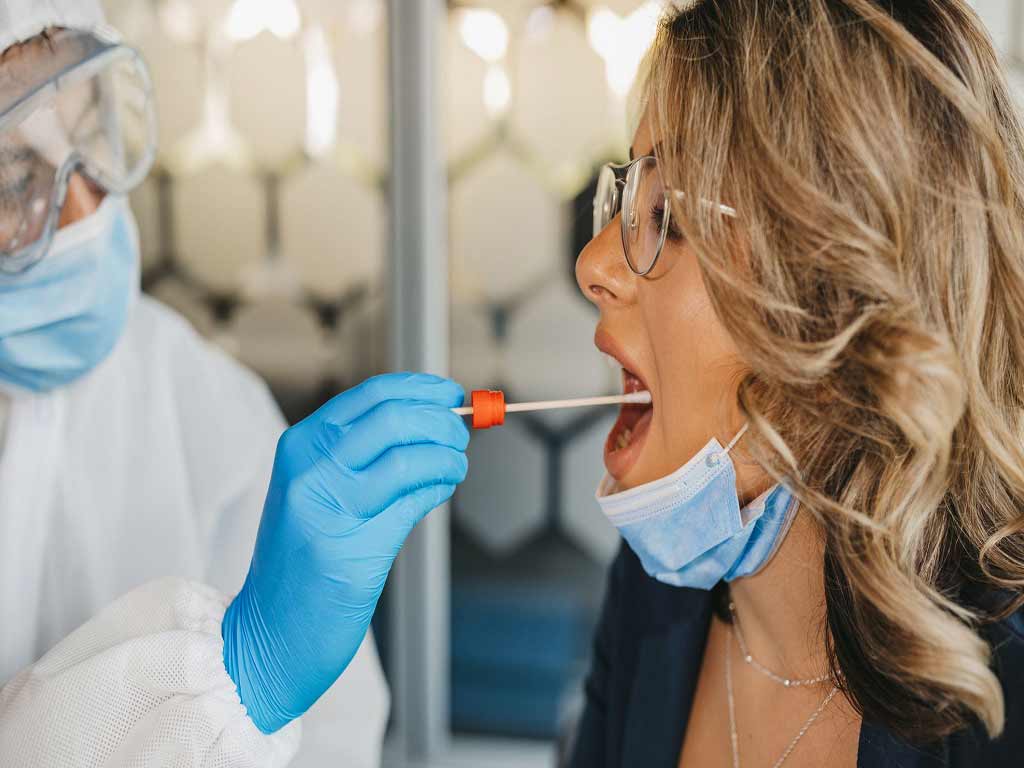
Types of Employee Drug Testing Methods
Employee drug testing can be conducted using various types of drug assessment. Urine tests are one of the most common methods to identify drug classes. This type is non-invasive and can detect a wide range of substances. Accordingly, oral fluid or saliva testing involves collecting saliva samples. This method is less invasive than urine testing and can detect recent drug usage.
Another type of assessment is the blood testing. This method offers the advantage of providing a precise measurement of drug levels in the bloodstream. Meanwhile, hair testing involves collecting a small sample of hair. This method is beneficial for determining a long history of drug use, as it has the most extended detection window of about 90 days.
In addition, breath tests are often used for alcohol testing. This measures the legal blood alcohol level in the breath of a person to determine intoxication. While breath alcohol testing is not typically used for detecting drugs, it is worth mentioning for its relevance in monitoring harmful alcohol consumption. Nevertheless, the choice of method depends on relevant factors.
Detectable Substances
The testing can detect various ranges of substances. Foremost, the assessment can identify illicit drugs. These may include marijuana, cocaine, heroin, and methamphetamine. These substances can significantly impact workplace safety, productivity, and legal compliance. Also, some testing procedures can identify performance-enhancing drugs like anabolic steroids and other banned substances.
When used improperly or without a valid prescription, the drug tests can detect some prescription medications. These may involve opioid painkillers, benzodiazepines, and other medicines with the potential for abuse. While not typically included in standard drug tests, alcohol can be detected through specific testing methods.

What Happens After a Non-Negative Employee Drug Testing Result?
Upon receiving a non-negative employee drug testing result, the employer typically arranges for confirmatory testing. This assessment can provide a more accurate and specific analysis of the samples. Once there is a confirmation, the employer informs the worker of the result in a private and confidential setting. Accordingly, the employer will review the workplace policies to determine the appropriate steps.
If the worker has a non-negative drug result, the employer may offer resources for employee assistance. This may include the procedure for counselling or substance abuse treatment programs. Moreover, depending on company policy, this can lead to disciplinary action. This may involve a verbal or written warning, suspension, grounds for transfer, and even termination of employment.
Furthermore, employers can consider legal requirements. In some cases, there may be legal obligations to provide the employee with the opportunity to explain the positive result. Nevertheless, organisations must handle the situation with professionalism, empathy, and respect for privacy. Effective communication and clear documentation are essential in the process.
Can an Employee Refuse a Test?
No, an employee generally cannot refuse a test mandated by their employer. This is particularly true if it is required for safety, health, or performance reasons. Employers have the right to implement and enforce drug or other tests to ensure a safe and productive work environment. Refusing to comply with such tests may lead to disciplinary actions, including termination.
However, certain legal protections and exceptions exist, such as privacy rights and reasonable accommodations for medical conditions. Employees should understand their rights and consult with legal professionals if they have concerns or questions about refusing a test at work.
Conclusion
In conclusion, employee drug testing is essential for workplaces. This is beneficial for promoting workplace safety, protecting the reputation of the company, and complying with standards. Accordingly, employers conduct the testing for several reasons. This may occur in the pre-employment process, randomly, for reasonable suspicion, and post-accident testing. Moreover, there are different types of testing available. This includes urine, saliva, hair, blood, and breath alcohol testing.
Furthermore, the testing methods can detect a wide range of substances. This may involve determining illicit drugs, prescription drugs, performance-enhancing substances, and even alcohol. Nevertheless, knowing what happens after a positive test result is essential. This may require the worker to undergo confirmatory testing. Also, disciplinary measures may occur. This may include warnings, suspension, and termination. Additionally, companies may provide the employee with support resources. Workers must also recognise that they cannot refuse testing without disciplinary actions.


















